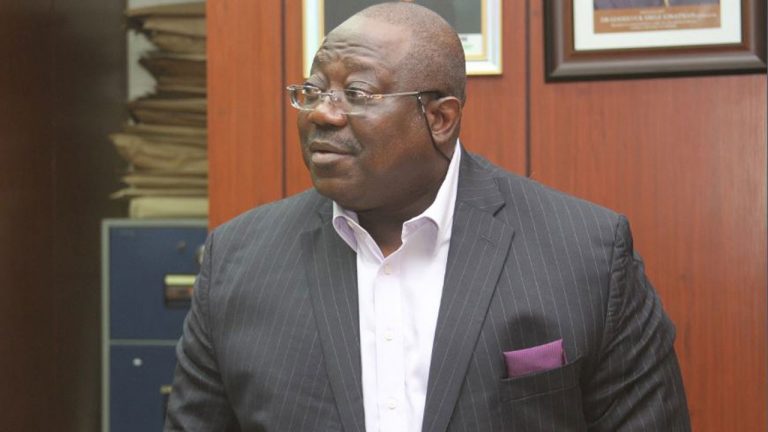17 degree-awarding colleges of education insufficient – Olaopa

The Chairman, Federal Civil Service Commission, Prof. Tunji Olaopa, has said that 17 Colleges of Education offering degree programmes across the country are not enough.
Olaopa stated this in his convocation lecture titled, ‘Who and what is a teacher? Issues, challenges and prospects of the institutional reform of Colleges of Education in Nigeria’ at the 25th Convocation Lecture of the Federal College of Education, Osiele, Abeokuta, on Wednesday.
Olaopa noted that Nigeria is still confronted with the challenge of certification without competence and the whole issue of a low-skill equilibrium that is at the root of the irresolvable structural unemployment of youths in Nigeria.
“In other words, Nigeria has a higher education predicament rooted in the dysfunctionality of the irrelevance of its certification structure to her national human capital requirement.
“The dilemma in Nigeria’s education policy is therefore that we pay lip service to skills and competency, a dynamic compounded by skills pricing and government pay and compensation policy which is skewed to white-collar jobs,” he stated.
The chairman noted that though 17 colleges of education awarddegrees, which is a significant reform, it not sufficient.
He noted, “The importance of COE in Nigeria awarding degrees is a significant reform innovation for many reasons. One, given the dwindling fortune of NCE holders, a significant number of them have over many decades been pursuing further education to obtain university degrees. They aspire to enhance their qualifications to improve their career rating which at once attract enhanced remuneration and a heightened social standing.
“Besides, upgrading COE into degree awarding institutions will also expand the carrying capacities of the colleges, and will reduce the time usually wasted by NCE holders in search of admission to pursue degree certificates.”
He added “For COE already running B.Ed. programmes, the new status translates to continuity for those NCE holders who qualify for automatic transition into degree programmes.
“Indeed, the success of the pioneer degree-awarding colleges of education like Adeyemi COE, Ondo, Alayande, Alvan Ikoku, Tai Solarin Uni, and 14 others, is the strongest endorsement for the upgrade of many more COEs into dual-mode institutions.
“Indeed, as of today, 17 colleges of education have been licensed to run degree programmes. Nevertheless, this number, given available statistics on access and relevance, is insufficient.”
Olaopa believed that a dual-mode COE would help address challenges in the education system.
“Dual-mode institutions deploy both conventional on-site/on-campus mode of learning as well as off-site/on-line distance learning mode.
“In the context of reforming and upgrading COE, becoming a dual-mode implies that the colleges will be able to award certificates of education and degrees through the dual-mode delivery,” the chairman stated.
He added, “The scope of the regulatory remit of the National Commission for Colleges of Education will of course expand. Hence, an imperative need to fast-track the establishment of the proposed National Commission for Teacher Education to give dual-mode COE required a new lease of life.
“Transition of more COE into dual-mode would require enlarged investment in infrastructure including lecture halls, laboratories, workshops, e-libraries, e-learning packages, etc., which will in turn require increased funding and enhanced budgetary allocation.”
On March 4 2023, the Provost, Federal College of Education, Osiele, Abeokuta, Ogun State, Dr. Rafiu Soyele, appealed to the Federal Government not to accede to calls from some quarters that Colleges of Education should be scrapped.
Soyele, who made the call during a press conference, put together as part of activities to mark the 25th combined convocations and 48th Founding Day anniversary of the College, said rather than scrapping Colleges of Education, it should be allowed to run a ‘dual mode’ system.